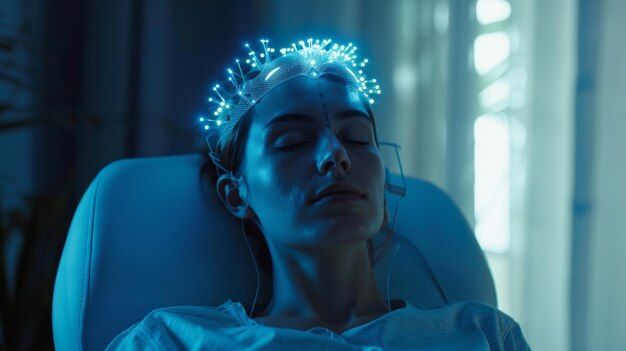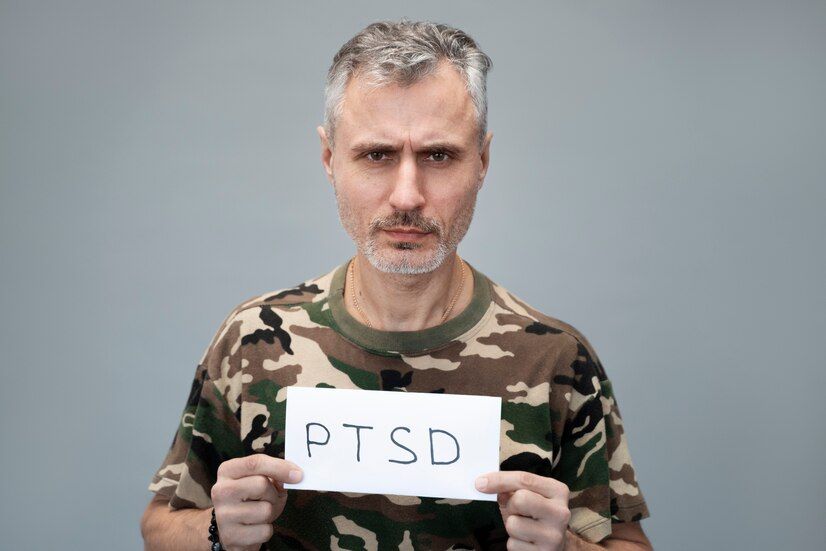The Future of Mental Health: Integrating Behavioral and Physical Health
Discuss the ongoing efforts to integrate behavioral health services with primary care and the benefits of a holistic approach to health.

The landscape of healthcare is evolving, and one of the most promising developments is the integration of behavioral and physical health services. This holistic approach aims to address the interconnectedness of mental and physical well-being, offering a more comprehensive and effective care model.
Why Integration Matters
Mental and physical health are deeply intertwined, yet traditionally, they have been treated separately. This separation can lead to missed diagnoses, fragmented care, and poorer outcomes. For instance, individuals with serious mental health conditions are 2-3 times more likely to suffer from chronic physical illnesses. By integrating these services, healthcare providers can offer more holistic, patient-centered care, improving overall health outcomes.
Benefits of Integrated Care
- Improved Health Outcomes: Integrated care models have been shown to reduce hospital admissions by up to 25% and improve patient satisfaction. By addressing mental health needs alongside physical health, patients receive more comprehensive care1.
- Enhanced Access to Services: Patients can seamlessly transition between behavioral and physical health care without delays, ensuring they receive timely and appropriate treatment.
- Reduced Healthcare Costs: Integrated care can decrease the total cost of care by addressing both mental and physical health needs simultaneously, reducing the need for multiple, separate treatments.
- Decreased Stigma: Integrating mental health care into primary and acute care settings helps normalize and de-stigmatize mental health treatment, encouraging more individuals to seek the care they need.
Implementing Integrated Care
Healthcare organizations are adopting various strategies to integrate behavioral and physical health services. For example, embedding behavioral health providers in primary care practices allows for real-time mental health consultations1. In acute care settings, behavioral health specialists work alongside emergency department teams to address mental health crises, ensuring appropriate follow-up care.
The Role of Technology
Advancements in digital health and AI are also playing a crucial role in the integration of behavioral and physical health. These technologies can assist in diagnostics, treatment planning, and patient management, making it easier for providers to deliver comprehensive care.
Conclusion
The future of mental health lies in the seamless integration of behavioral and physical health services. By adopting this holistic approach, healthcare providers can offer more effective, patient-centered care, ultimately leading to better health outcomes and a more efficient healthcare system.
CATEGORIES

We Work Together to Solve Current Challenges
CONTACT US
1-571-330-2829
office@ariseccc.com
10801 Johnston Road
Suite 210 Charlotte NC
28226-4558
USEFUL LINKS
STAY INFORMED
You need a helping hand with your project?
We will get back to you as soon as possible
Please try again later
COUNSELING CENTER HICKORY & CHARLOTTE NORTH CAROLINA









